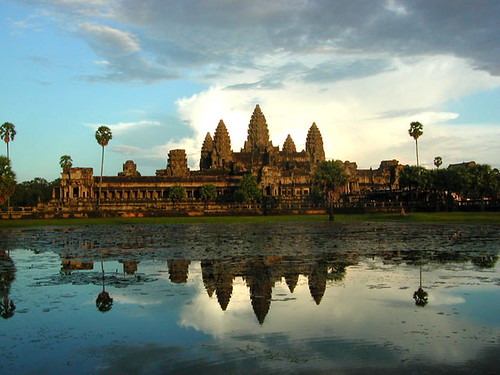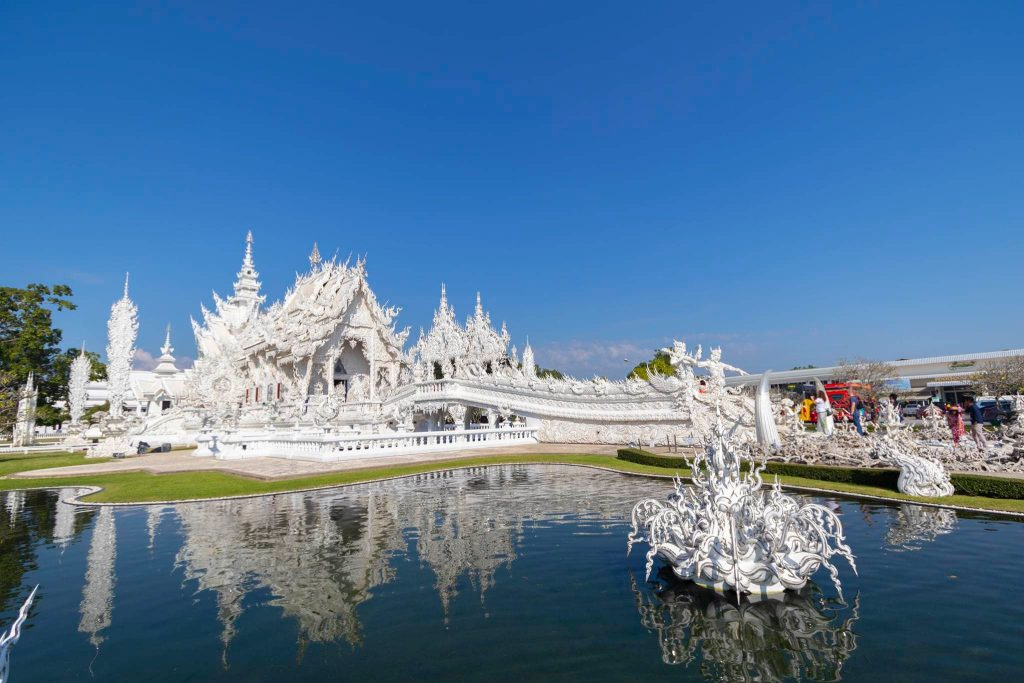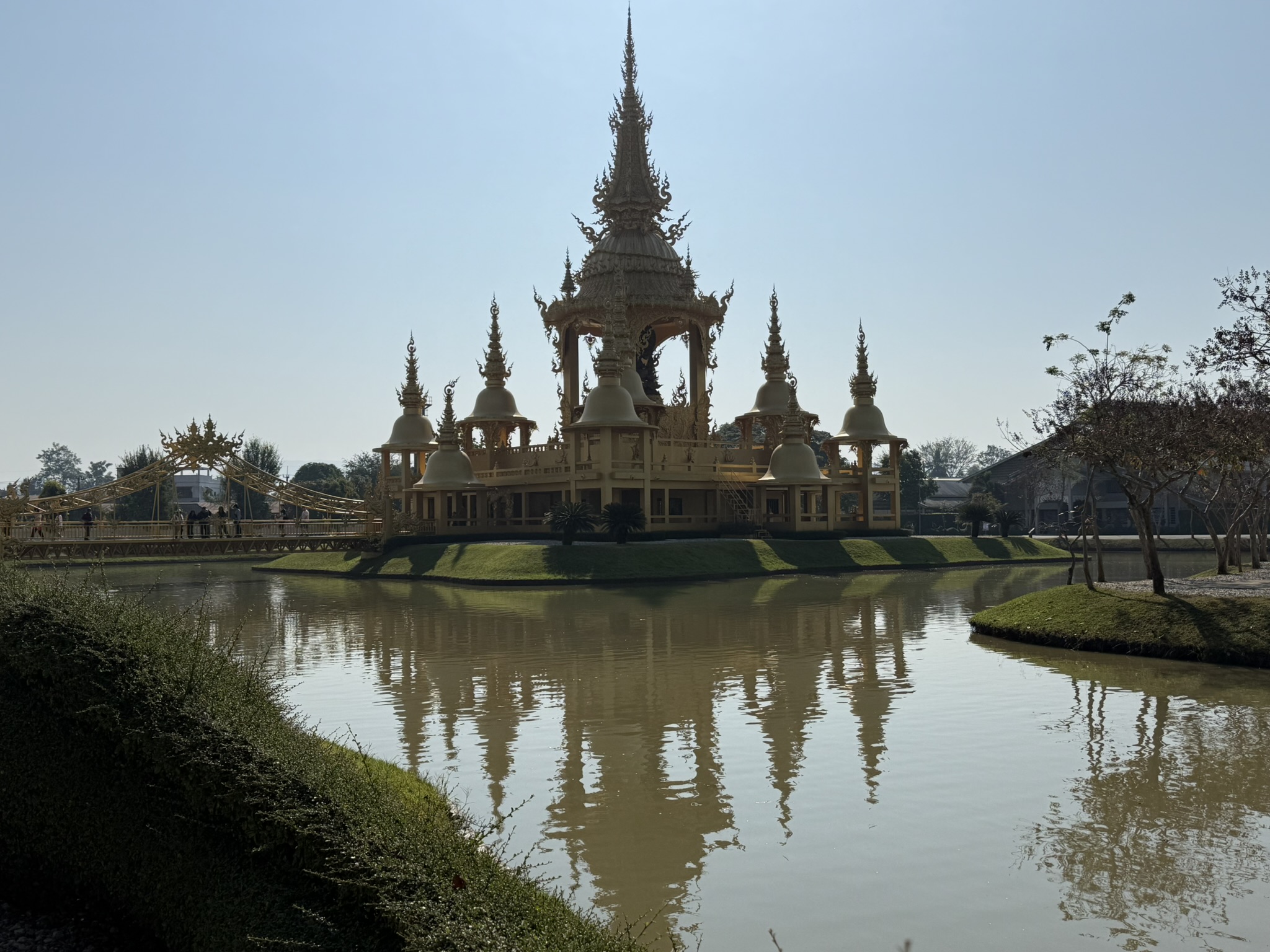The Cosmic Mountain
 |  |  |
- the mountain represents "the divine". Your virtue. Acting as a god would. Trusting and Knowing. Constructive, Coaching, Creative mentality. And beyond (godmind).
- the upside down mountain is the shadow realm. Your fears, leading to Error. Villain victim hero mentality. And beyond (dead matter).
- in between is pure presence
Both the cosmic mountain and the tree of life are potent symbols in various cultures and religions, often representing the connection between the earthly, heavenly, and underworld realms. They share a common thread of representing a cosmic axis, a central point that binds different realms and provides stability and connection. The cosmic mountain is often associated with divine presence and the axis of the universe, while the tree of life, like Yggdrasil in Norse mythology, can also serve as the cosmic axis connecting the three realms
Ancient Hellenic Greeks defined Kosmos as "order" or "world order", of everything. It's not only "space" the universe and everything, but the harmonious structure and order of all things.
κόσμος , ὁ,
A.order, κατὰ κόσμον in order, duly, “εὖ κατὰ κ.” Il.10.472, al.; οὐ κατὰ κ. shamefully, Od.8.179; “μὰψ ἀτὰρ οὐ κατὰ κ.” Il. 2.214: freq. in dat., κόσμῳ καθίζειν to sit in order, Od.13.77, cf. Hdt.8.67; “οὐ κ. . . ἐλευσόμεθα” Il.12.225; “κ. θεῖναι τὰ πάντα” Hdt.2.52, cf. 7.36, etc.; “διάθες τάδε κ.” Ar.Av.1331; κ. φέρειν bear becomingly, Pi.P.3.82; “δέξασθαί τινα κ.” A.Ag.521; “σὺν κόσμῳ” Hdt.8.86, Arist.Mu. 398b23; “ἐν κόσμῳ” Hp.Mul.1.3, Pl.Smp.223b; κόσμῳ οὐδενὶ κοσμηθέντες in no sort of order, Hdt.9.59; φεύγειν, ἀπιέναι οὐδενὶ κ., Id.3.13, 8.60.γ́, etc.; “ἀτάκτως καὶ οὐδενὶ κ.” Th.3.108, cf. A.Pers.400; οὐκέτι τὸν αὐτὸν κ. no longer in the same order, Hdt.9.66; οὐδένα κ. ib.65, 69; “ἦν δ᾽ οὐδεὶς κ. τῶν ποιουμένων” Th.3.77: generally, of things, natural order, “γίνεται τῶν τεταρταίων ἡ κατάστασις ἐκ τούτου τοῦ κ.” Hp. Prog.20.
A.order, κατὰ κόσμον in order, duly, “εὖ κατὰ κ.” Il.10.472, al.; οὐ κατὰ κ. shamefully, Od.8.179; “μὰψ ἀτὰρ οὐ κατὰ κ.” Il. 2.214: freq. in dat., κόσμῳ καθίζειν to sit in order, Od.13.77, cf. Hdt.8.67; “οὐ κ. . . ἐλευσόμεθα” Il.12.225; “κ. θεῖναι τὰ πάντα” Hdt.2.52, cf. 7.36, etc.; “διάθες τάδε κ.” Ar.Av.1331; κ. φέρειν bear becomingly, Pi.P.3.82; “δέξασθαί τινα κ.” A.Ag.521; “σὺν κόσμῳ” Hdt.8.86, Arist.Mu. 398b23; “ἐν κόσμῳ” Hp.Mul.1.3, Pl.Smp.223b; κόσμῳ οὐδενὶ κοσμηθέντες in no sort of order, Hdt.9.59; φεύγειν, ἀπιέναι οὐδενὶ κ., Id.3.13, 8.60.γ́, etc.; “ἀτάκτως καὶ οὐδενὶ κ.” Th.3.108, cf. A.Pers.400; οὐκέτι τὸν αὐτὸν κ. no longer in the same order, Hdt.9.66; οὐδένα κ. ib.65, 69; “ἦν δ᾽ οὐδεὶς κ. τῶν ποιουμένων” Th.3.77: generally, of things, natural order, “γίνεται τῶν τεταρταίων ἡ κατάστασις ἐκ τούτου τοῦ κ.” Hp. Prog.20.
...2. good order, good behaviour, = κοσμιότης Phld.Mus. p.43 K.; discipline, D.18.216; “οὐ κ., ἀλλ᾽ ἀκοσμία” S.Fr.846.
3. form, fashion, “῞ιππου κόσμον ἄεισον δουρατέου” Od.8.492; “κ. ἐπέων ἀπατηλός” Parm.8.52; ἐξηγεομένων . . τὸν κ. αὐτοῦ the fashion of it, Hdt.3.22; κ. τόνδε . . ὁ καταστησάμενος who established this order or from, Id.1.99.
4. of states, order, government, “μεταστῆσαι τὸν κ.” Th. 4.76, cf. 8.48, 67; “μένειν ἐν τῷ ὀλιγαρχικῷ κ.” 8.72, etc.; esp. of the Spartan constitution, Hdt.1.65, Clearch.3: pl., “πόλεων κόσμοι” Pl.Prt. 322c.
IV. Philos., world-order, universe, first in Pythag., acc.to Placit.2.1.1, D.L.8.48 (cf. [Philol.]21), or Parm., acc. to Thphr. ap. D.L.l.c.; “κόσμον τόνδε οὔτε τις θεῶν οὔτε ἀνθρώπων ἐποίησεν, ἀλλ᾽ ἦν ἀεὶ καὶ ἔστιν καὶ ἔσται πῦρ” Heraclit.30; “ὁ καλούμενος ὑπὸ τῶν σοφιστῶν κ.” X.Mem.1.1.11: freq. in Pl., Grg.508a, Ti.27a, al.; “ἡ τοῦ ὅλου σύστασίς ἐστι κ. καὶ οὐρανός” Arist.Cael.280a21, cf. Epicur.Ep. 2p.37U., Chrysipp.Stoic.2.168, etc.; “ὁ κ. ζῷον ἔμψυχον καὶ λογικόν” Posidon. ap. D.L.7.139, cf. Pl.Ti.30b: sts. of the firmament, “γῆς ἁπάσης τῆς ὑπὸ τῷ κόσμῳ κειμένης” Isoc.4.179; “ὁ περὶ τὴν γῆν ὅλος κ.” Arist. Mete.339a20; μετελθεῖν εἰς τὸν ἀέναον κ., of death, OGI56.48 (Canopus, iii B. C.); but also, of earth, as opp. heaven, “ὁ ἐπιχθόνιος κ.” Herm. ap. Stob.1.49.44; or as opp. the underworld, “ὁ ἄνω κ.” Iamb.VP27.123; of any region of the universe, “ὁ μετάρσιος κ.” Herm. ap. Stob.1.49.44; of the sphere whose centre is the earth's centre and radius the straight line joining earth and sun, Archim.Aren.4; of the sphere containing the fixed stars, Pl.Epin.987b: in pl., worlds, coexistent or successive, Anaximand. et alii ap.Placit.2.1.3, cf. Epicur.l.c.; also, of stars, “Νὺξ μεγάλων κ. κτεάτειρα” A.Ag.356 (anap.), cf. Heraclid.et Pythagorei ap.Placit.2.13.15* (= Orph.Fr.22); οἱ ἑπτὰ κ. the Seven planets, Corp.Herm.11.7....2. metaph., microcosm, “ἄνθρωπος μικρὸς κ.” Democr. 34; “ἄνθρωπος βραχὺς κ.” Ph.2.155; of living beings in general, “τὸ ζῷον οἷον μικρόν τινα κ. εἶναί φασιν ἄνδρες παλαιοί” Gal.UP3.10.
3. in later Gr., = οἰκουμένη, the known or inhabited world, OGI458.40 (9 B.C.), Ep.Rom.1.8, etc.; ὁ τοῦ παντὸς κ. κύριος, of Nero, SIG814.31, cf. IGRom.4.982 (Samos); “ἐὰν τὸν κ. ὅλον κερδήσῃ” Ev.Matt.16.26.
4. men in general, “φανέρωσον σεαυτὸν τῷ κ.” Ev.Jo.7.4, cf. 12.19; esp. of the world as estranged from God by sin, ib.16.20, 17.9, al., 1 Ep.Cor. 1.21, etc.
5. οὗτος ὁ κ. this present world, i.e. earth, opp. heaven, Ev.Jo.13.1; regarded as the kingdom of evil, ὁ ἄρχων τοῦ κ. τούτου ib.12.31.
As Related to Conciousness
- Mountain:
- above the line emotions are delicious, life-giving, informative, wise and relationally connecting. They are an essential part of being awake
- Personas: Coach, Creator, Challenger (trust based).
- Trust opens — it allows us to co-create, support, and challenge with compassion.
- feelings above the line is rare and requires practice.
- above the line emotions are delicious, life-giving, informative, wise and relationally connecting. They are an essential part of being awake
- Inverted Mountain
- below the line emotions are part of the cognitive emotive loop. Feelings keep recycling and often turn into moods and postures
- Personas: Villain Victim Hero (fear based).
- Fear contracts — it makes us protect, control, defend. And is the cause of error. Error is often at the root of what's described as evil, but really is a very natural human trait.
- emotions below the line are natural and normal.
- below the line emotions are part of the cognitive emotive loop. Feelings keep recycling and often turn into moods and postures
- Waterline
- Practice presence to understand where you are, make insights for change.
- Realize where you are (above or below), then consciously shift to where you want to be. Savor the change, Build new habits.
- Realize the universe is mental, and your own mental framing can be transmuted (e.g. from below to above).
- Practice presence to understand where you are, make insights for change.
As Related to Happiness
- Presence is where happiness is
- Lamenting the past is depression (instead learn from the past)
- Worrying about future is anxiety (instead direct your future)
As related to the tree of life
- There's clear parallels between the branches of the tree and the mountain, and, the roots of the tree and the reflection. The treetrunk and the waterline represent presence, and our earthly decision to ascend (with trust) or sink (with fear).